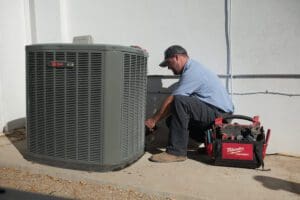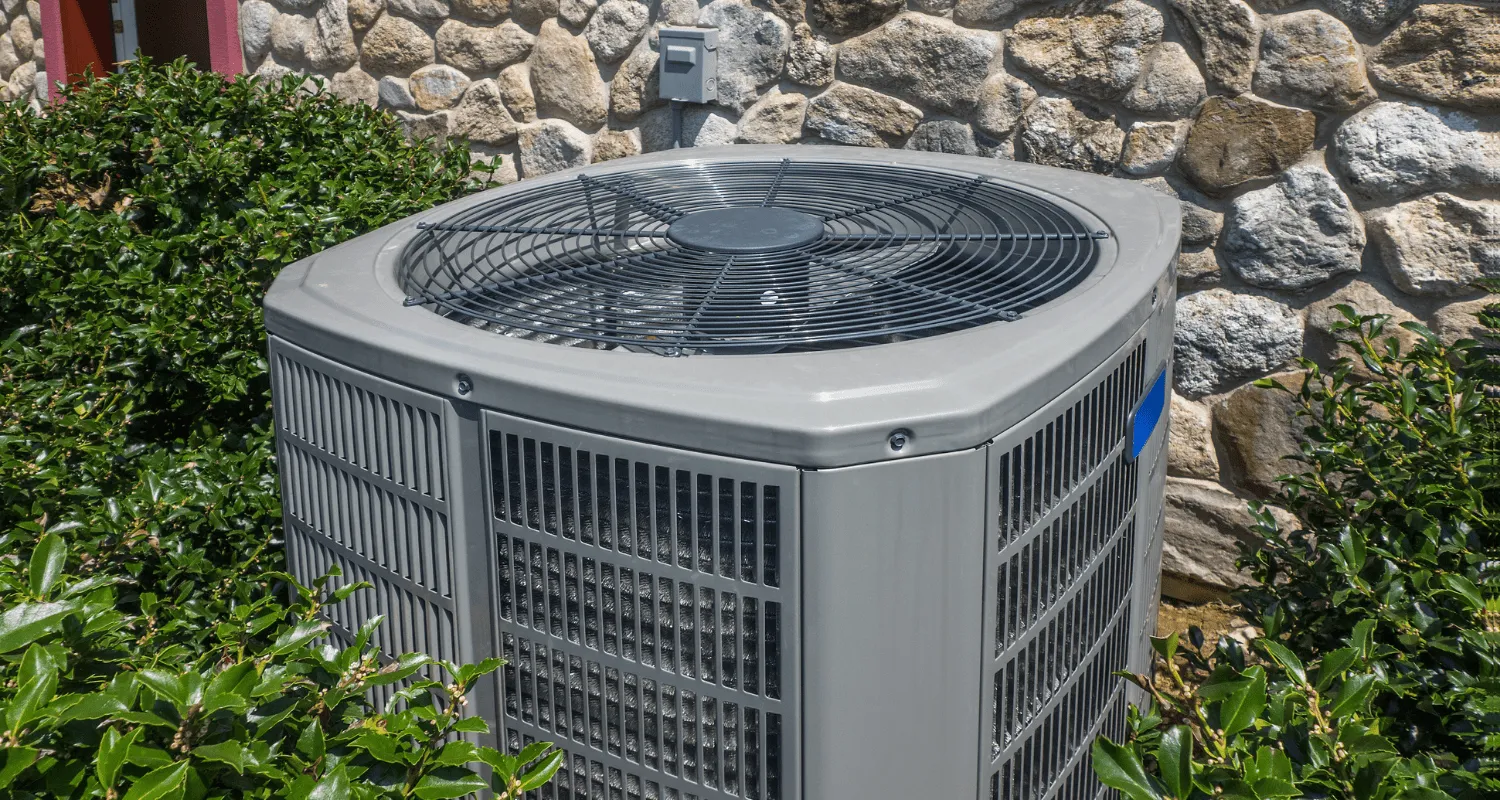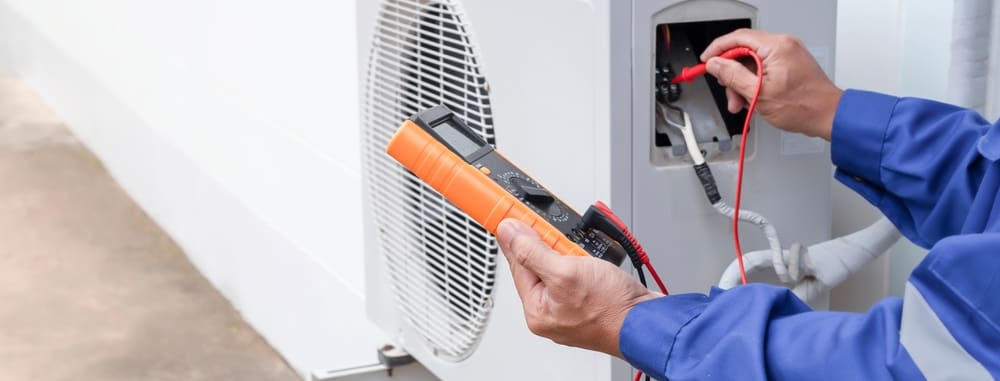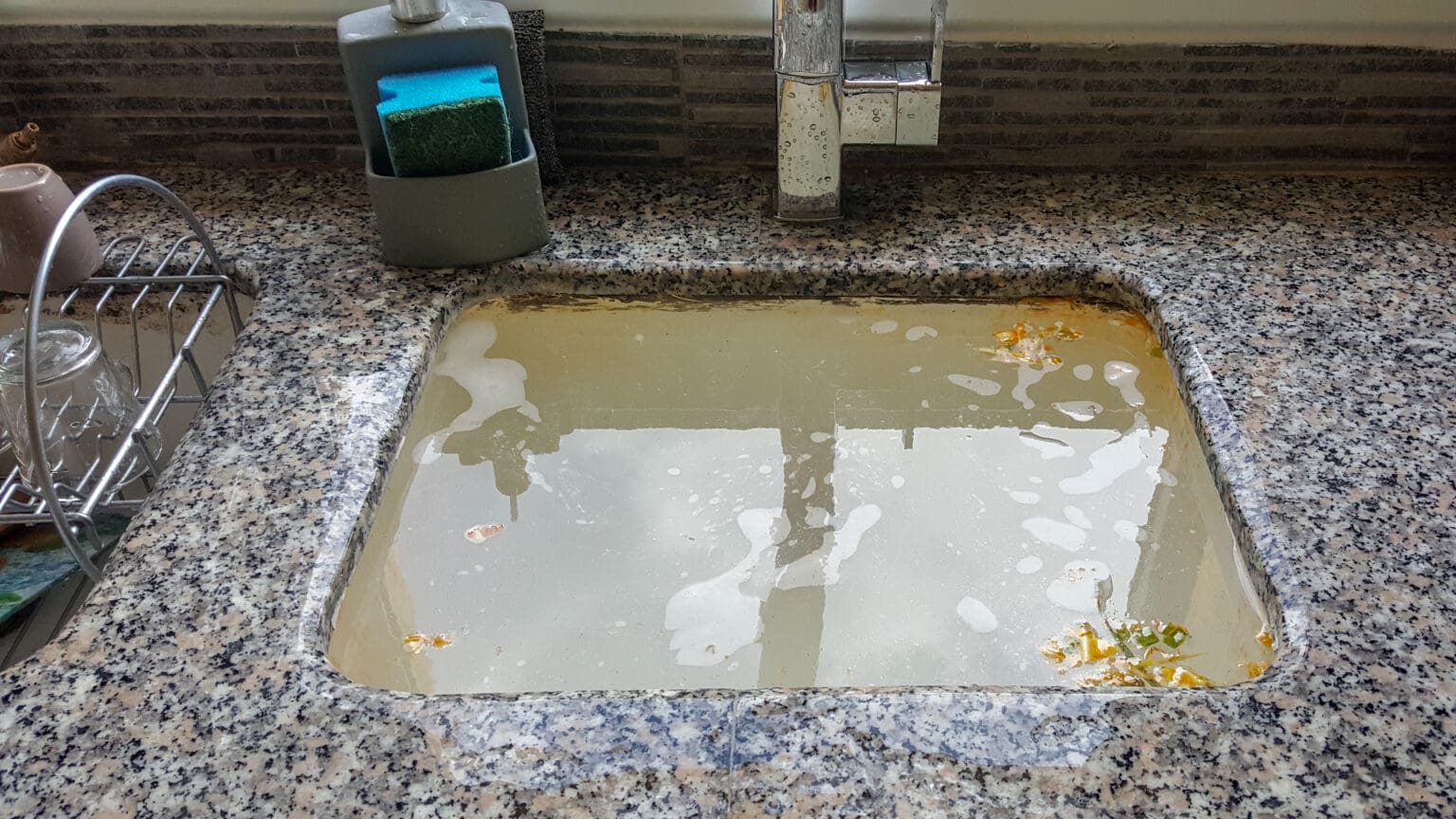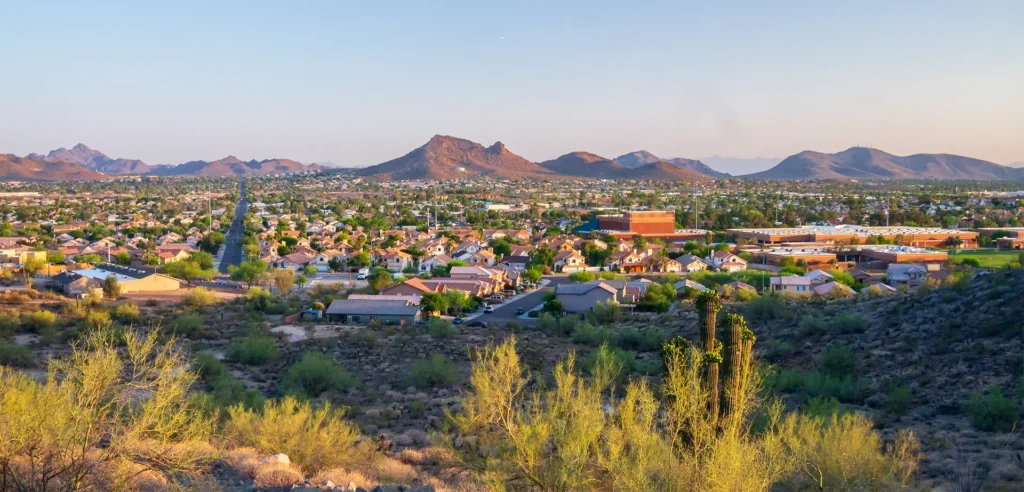If you’re a chronic allergy sufferer living in the Phoenix area, you known that certain times of the year can be brutal. In fact, many people move to Arizona believing that the dry desert air will help their suffering. Sadly, they often find that their allergies are actually worse!
In Arizona, allergic reactions are often triggered year round by dust and pollution. The climate is dry and prone to large volumes of dust. Because of the growth in areas like Phoenix, extensive residential planting of trees and grasses has increase the number of allergens. While spring is typically the major allergy season in Arizona, thanks to the increased flora, September heralds the arrival of a second spike in allergens. As trees and grasses release pollen to promote new growth in the spring, allergy sufferers again have to face the sniffles and burning eyes of an allergy attack.
Common Causes of Arizona Allergies
 As the population in Phoenix and the greater Valley has grown, residential landscaping has altered the environment. Extensive planting of ornamental trees like mulberry and ash have caused the pollen count to rise over the past thirty years. These are both active springtime pollinators and can cause allergy sufferers to experience everything from sneezing, itchy eyes and sinus pain, to serious reactions like asthma. Another introduced species that is extremely allergenic is Bermuda grass. It’s well suited to the Arizona climate and is commonly used on golf courses and in parks.
As the population in Phoenix and the greater Valley has grown, residential landscaping has altered the environment. Extensive planting of ornamental trees like mulberry and ash have caused the pollen count to rise over the past thirty years. These are both active springtime pollinators and can cause allergy sufferers to experience everything from sneezing, itchy eyes and sinus pain, to serious reactions like asthma. Another introduced species that is extremely allergenic is Bermuda grass. It’s well suited to the Arizona climate and is commonly used on golf courses and in parks.
Native plants like mesquite and ragweed can also produce copious amounts of pollen in the fall. In fact, ragweed is the most common seasonal allergen in the valley and can cause swollen eyelids, itchy eyes, sneezing, runny nose, and hives.
Curb Allergies With Your HVAC System
In Arizona, climate control is a must. Your HVAC system is the first line of defense for allergy sufferers. Your HVAC system maintenance checklist should start with regular filter changes. Keeping your filters clean can help your system remove allergens from conditioned air before it enters your home. That means less dust and pollen in the air, minimizing symptoms for allergy sufferers.
Regular HVAC system maintenance can keep your system running efficiently in terms of heating and cooling your air. Professional HVAC maintenance will include filter changes, as well as vacuuming dust from around your unit and visual inspection of ductwork for dust and other contaminants. Removing these allergens during bi-annual (spring and fall) maintenance can help to keep you comfortable and allergy free during the peak allergy seasons. If you’re a homeowner in Phoenix or the greater Valley, contact Day & Night Air to schedule maintenance today and enjoy an allergy free living space!
shutterstock/Monkey Business Images | image By shutterstock/Bessarab

